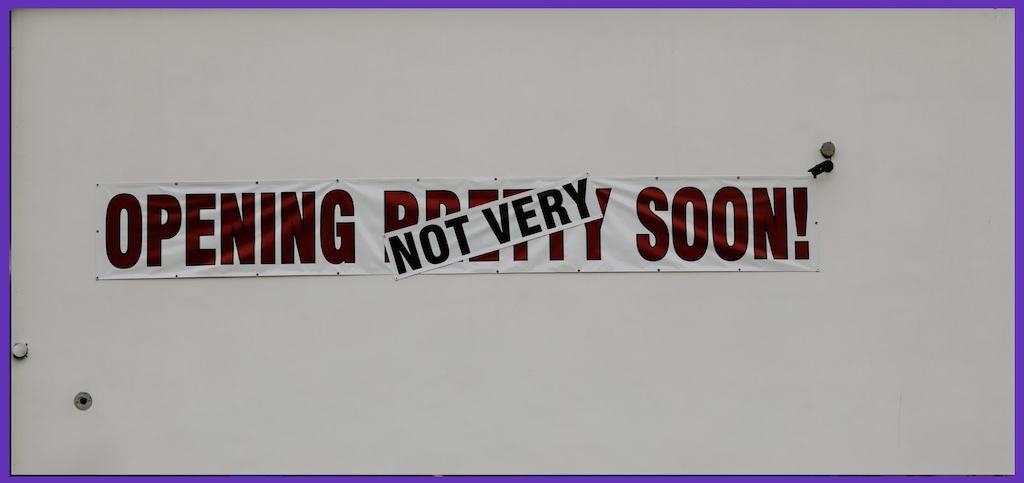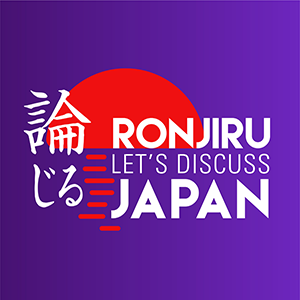
The “New Normal”? Says Who?
They have neither the proximity or lived experience to understand the “old normal”, nor the empathy — or mandate — to unilaterally define the new one.
One of the least attractive characteristics of many politicians, pundits and “experts” is an unfortunate tendency to be presumptuous. From the cloistered corridors of their political and academic castles, they sometimes presume that their specialized knowledge represents all of society and applies to everyone in it.
I’m not convinced. Very few of them own a small business on the high street. Or a restaurant. Or a little bar or night club. Or a bed and breakfast in a previously buzzing tourist spot. Very few of them are hotel valets, or line cooks, or clothing-store sales assistants, or flight attendants, or meat packers.
Nevertheless, in the face of this coronavirus pandemic, these same authoritative voices have introduced to the world the concept of a “new normal”, and the need for all of us just to accept that this is the way things will be from now on.
I say no!
For the avoidance of doubt, I must make it clear that I support the need for a temporary lockdown and temporary extraordinary measures, such as physical distancing and wearing a mask, to flatten the curve and limit the contagion. But the key word here is ‘temporary’. Because, although business and social contact deliberately may have been brought to a stop for many ‘normal’ people around the world, the obligations of rent, utilities, wages, inventory, interest payments and other expenditures continue with minimal abatement. There is nothing “normal” about that situation—although it is new.
My concern is only partially what is being added to the list of the new normal. I am more frustrated by who is doing the adding—a category of persons who presume to know what’s best for society, while not realizing sufficiently that the axioms upon which they base their utterances and policies seem as far from the realities of the average working person as the Moon is from the Earth. They have neither the proximity or lived experience to understand the “old normal”, nor the empathy—or mandate—to unilaterally define the new one.
Of course lives are important. But so are livelihoods. So is living life. Human beings are social animals. We talk, we touch, we laugh, we cry, we encourage. We gather together for meals and meetings, for events and occasions, for celebrations and consolations. We hug, we kiss, we shake hands, we high-five. We gather in stadiums and theaters. We socialize. We work. And hey…how are we going to achieve physical distancing on the overcrowded trains?
I don’t have the answer for the right balance between risk to life and risk to livelihoods. But evidently, neither do the people who are making the decisions. Without careful thought and wide-ranging input from people who actually lived normal lives in the old normal, this new paradigm worryingly could end up curtailing the things that come naturally to humanity, and reducing freedom, all under a presumptuous new label.
The new normal is rather abnormal. I just wish the politicians and experts who cooked up the phrase also had the bravery simply to call it what it is.
〆
